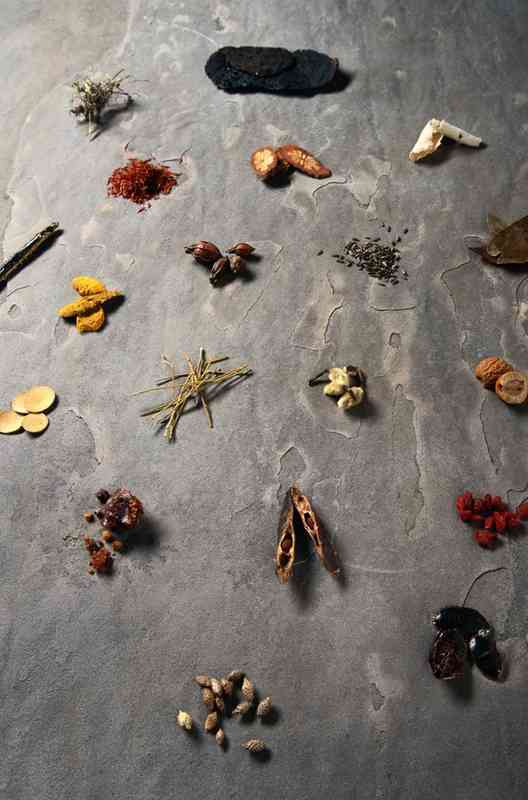How to Naturally Cleanse an Impacted Colon

There are a number of factors that can contribute to an impacted colon, including a sluggish colon, insufficient fiber in the diet, lack of water, illness, stress, allergies or just poor dietary habits. It causes bloating, discomfort, headaches and fatigue. There are a few things that can be done initially to encourage elimination, but permanent changes will need to be made in diet and lifestyle over time in order to avoid the condition in the future.
 Bowl of cereal with strawberries. (Image: Stockbyte/Stockbyte/Getty Images)
Bowl of cereal with strawberries. (Image: Stockbyte/Stockbyte/Getty Images)Step 1
Determine whether or not you truly have an impacted colon. An obvious sign is lack of bowel movements. This may be anywhere from a few days to even weeks. When there are bowel movements, they may be scant or narrow. You may also experience the urge to eliminate without any results. Other signs include headaches or other body aches, bad breath, acne and general fatigue.
Step 2
Eat a cleansing diet of fresh fruits and vegetables, brown rice and other whole grains. Eliminate all animal products temporarily from the diet; no butter, milk, cheese, meat, eggs, etc. Eliminate all refined flours and sugars, including white bread, pasta, cookies, cakes, etc. Follow this whole food, vegetarian diet until normal bowel function is established--at least one complete movement per day. This may take as little as a week or as much as two or three months. Include nuts, seeds, soy and tofu to make sure you are getting enough protein.
Step 3
Cleanse the lower bowel with a pure water enema. Do not use over-the-counter enemas which contain a saline solution, as these can lead to dehydration. Begin flushing the colon with warm water. Repeat one or two more times, eventually using cool water. This will help to loosen stool in the lower intestine and stimulate movement of the colon. An enema per day may be needed for the first week to retrain the bowel.
Step 4
Take one or two capsules of cascara sagrada or another cascara-based herbal cleansing supplement each night before bed. If there are no results after a couple of days, increase the dose by one capsule per day, not exceeding six per day. Cascara sagrada is a natural herbal laxative that is considered safe for long-term use. Do not use senna or other harsh laxatives as they can create dependency.
Step 5
Take a fiber supplement such as psyllium powder each morning upon waking. Psyllium helps provide bulk in the intestines and stimulates movement of the colon. It also helps to push old fecal matter through the intestines. Make sure to take plenty of water with the fiber supplement to avoid creating blockages. Fiber is an important part of a healthy diet, which is why the new food pyramid recommends at least half our grains be whole grains.
Step 6
Go for a long brisk walk each day. The USDA recommends at least 30 minutes of moderate to vigorous exercise daily. This could include jogging, power walking, biking or aerobics. Exercise helps improve digestion, increase energy and move lymphatic fluid throughout the body. It also helps alleviate stress, which can contribute to constipation.
Things You'll Need
Enema bag or bucket
Cascara sagrada-based herbal cleanser
Psyllium powder or other fiber supplement
Variety of fresh fruits and vegetables
Tip
Drink plenty of water throughout the day. The rule of thumb is half your weight in ounces each day. For example, a 120-lb. woman would need approximately 60 oz. of water daily. This is the equivalent of about three medium-sized sport bottles.
Warning
Once normal bowel habits have been established, ease back into a normal diet. Incorporate fats and animal products back in slowly. Pay attention to foods that may cause constipation and avoid them.




